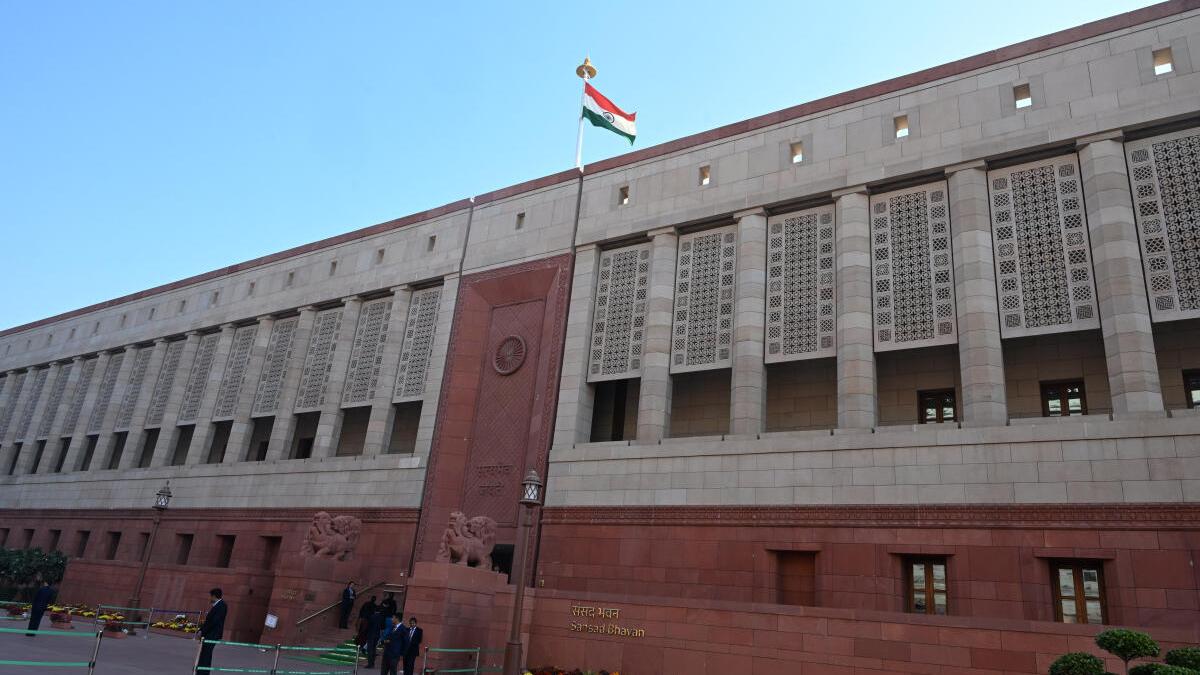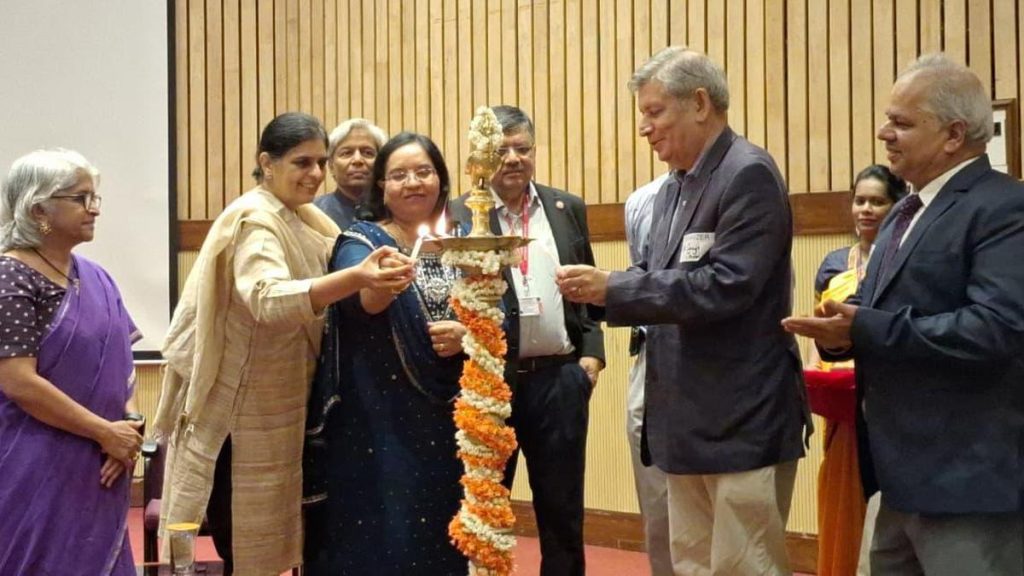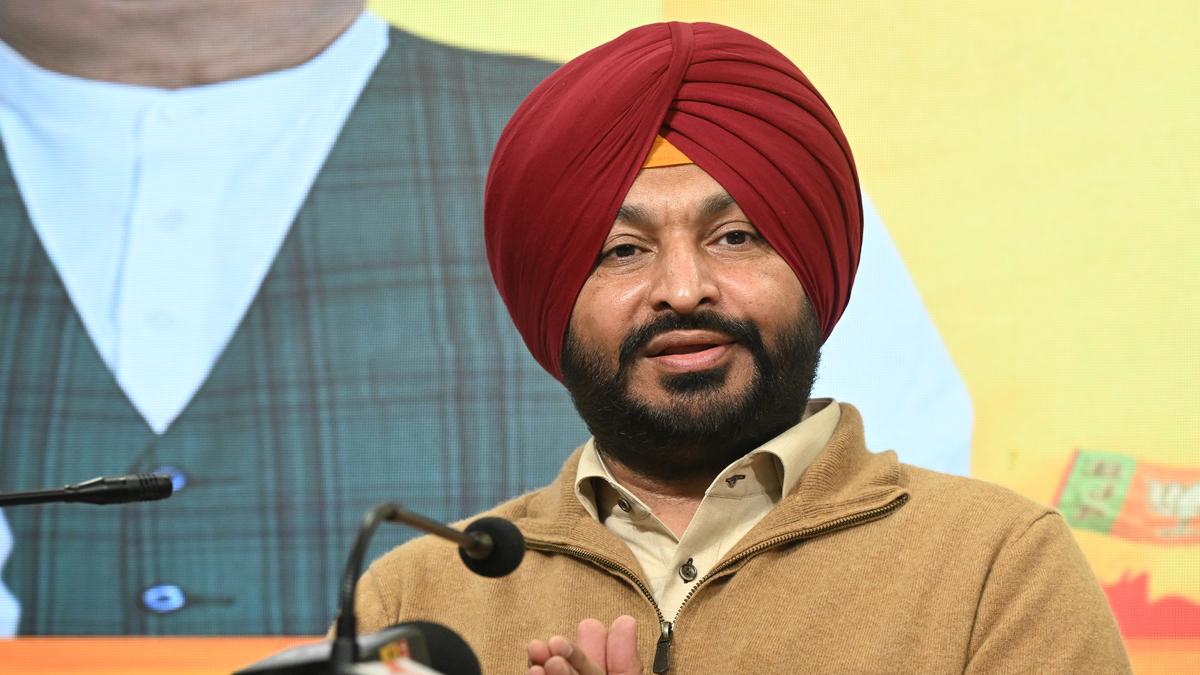Now Reading: Parliament Monsoon Session Concludes with Historic Low Productivity
-
01
Parliament Monsoon Session Concludes with Historic Low Productivity
Parliament Monsoon Session Concludes with Historic Low Productivity

Quick Summary
- Session Duration and Productivity:
– The Monsoon Session of Parliament concluded on August 21, 2025, lasting its scheduled 21 days (July 21 – August 21).
– Severe disruptions consumed nearly two-thirds of the session’s allotted time.
– Lok Sabha operated at only 29% productivity, while Rajya Sabha achieved 34%-marking their lowest performance in the ongoing (18th) Lok Sabha.
- Impact on Question Hour:
– Lok Sabha completed only 23% and Rajya Sabha merely 6% of scheduled Question Hour time.
– Ministers answered just 8% of starred questions in Lok Sabha and 5% in rajya Sabha.
- Legislation Passed:
– Thirteen Bills were introduced; eight were passed within the session without comprehensive discussion.
– Fourteen Bills cleared both Houses (excluding financial appropriation Bills).
– Example: The Income Tax Bill, withdrawn after deliberation but later replaced by a new bill that was passed on the same day without debate.
- private Member’s Business:
No private members’ business was discussed throughout this session. notably, no private member’s Bill has been introduced or debated in over a year.
- Prominent Topics Discussed:
Discussions on “Operation Sindoor” took up almost half of Lok Sabha’s working hours (19 hours) and one-third of Rajya Sabha’s working time (16 hours).
- Other Observations:
The position of Deputy Speaker remains vacant since June 2019 in both current and previous Lok Sabhas.
Indian opinion Analysis
The low productivity during this monsoon Session raises critical concerns about parliamentary efficacy. with less than one-third operational functionality for both Houses, substantive deliberation on national issues has taken a significant backseat. Notably affected is the Question Hour-a core feature enabling accountability-where oral questioning opportunities fell below double digits across both Houses. Such inefficiencies limit democratic transparency.
The rushed passage of several bills with limited or no discussion undermines robust legislative scrutiny-a principle vital to democratic law-making processes. While procedural requirements like referring certain bills to committees were followed to an extent, instances such as passing vital fiscal legislation without detailed debate could set concerning precedents for governance quality over expediency.
The absence of discussions on private members’ business further diminishes opportunities for diverse portrayal beyond executive-driven agendas – an area needing urgent revival considering its stagnation over multiple sessions now.
Moreover, leaving crucial institutional roles such as Deputy Speaker unfilled erodes structural mechanisms that balance parliamentary functioning through objective oversight independent from ruling majorities.Operational gaps like these not only weaken procedural efficiency but also dilute public confidence in legislative institutions overall.
For more details read more.
























